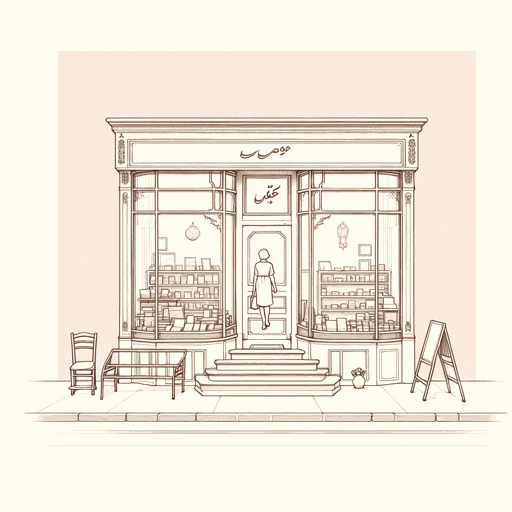51 pages • 1 hour read
Marjan KamaliThe Stationery Shop of Tehran
Fiction | Novel | Adult | Published in 2019A modern alternative to SparkNotes and CliffsNotes, SuperSummary offers high-quality Study Guides with detailed chapter summaries and analysis of major themes, characters, and more.
Important Quotes
“‘I made an appointment to see him.’
She said it as if she were seeing the dentist or a therapist or the pushy refrigerator salesman who had promised her and Walter a lifetime supply of cold milk and crisp vegetables and unspoiled cheese if only they would buy this brand new model.”
(Part 1, Chapter 1, Page 3)
The opening lines of the book reference the planned meeting without naming either Roya or Bahman. The “appointment” is introduced without any context, and its true significance will be gradually disclosed over the course of the book. The reference to “therapy,” which often involves unlocking and revisiting the secrets of the past, is significant. The humorous reference to the “pushy refrigerator” also introduces the motif of Food, which will be of central importance throughout the text.
“As the political divisions deepened that winter and hotheaded people engaged in debates and demonstrations all over the streets, it was the perfect retreat of quiet and learning. It was a sanctuary of calm and quiet: never overlit, never loud.”
(Part 1, Chapter 2, Page 18)
In this passage, Roya’s love for the Stationery Shop is described. Roya loves literature, but even more significantly, she initially sees the Stationery Shop as a haven from political activity, as a place to escape “the political divisions” tearing Iran apart. Ironically, she will soon realize that it is actually a hub of political activism, introducing the theme of The Ties Between the Personal and Political.
“As she leaned against the splintered wood of the barricade with Bahman, everything did seem possible. They were one with each other and the whole billowing, unified crowd. They would both change the world.”
(Part 1, Chapter 4, Page 37)
This passage captures the feeling of political and personal optimism that characterizes the early chapters of the book, reflecting The Ties Between the Personal and Political.

